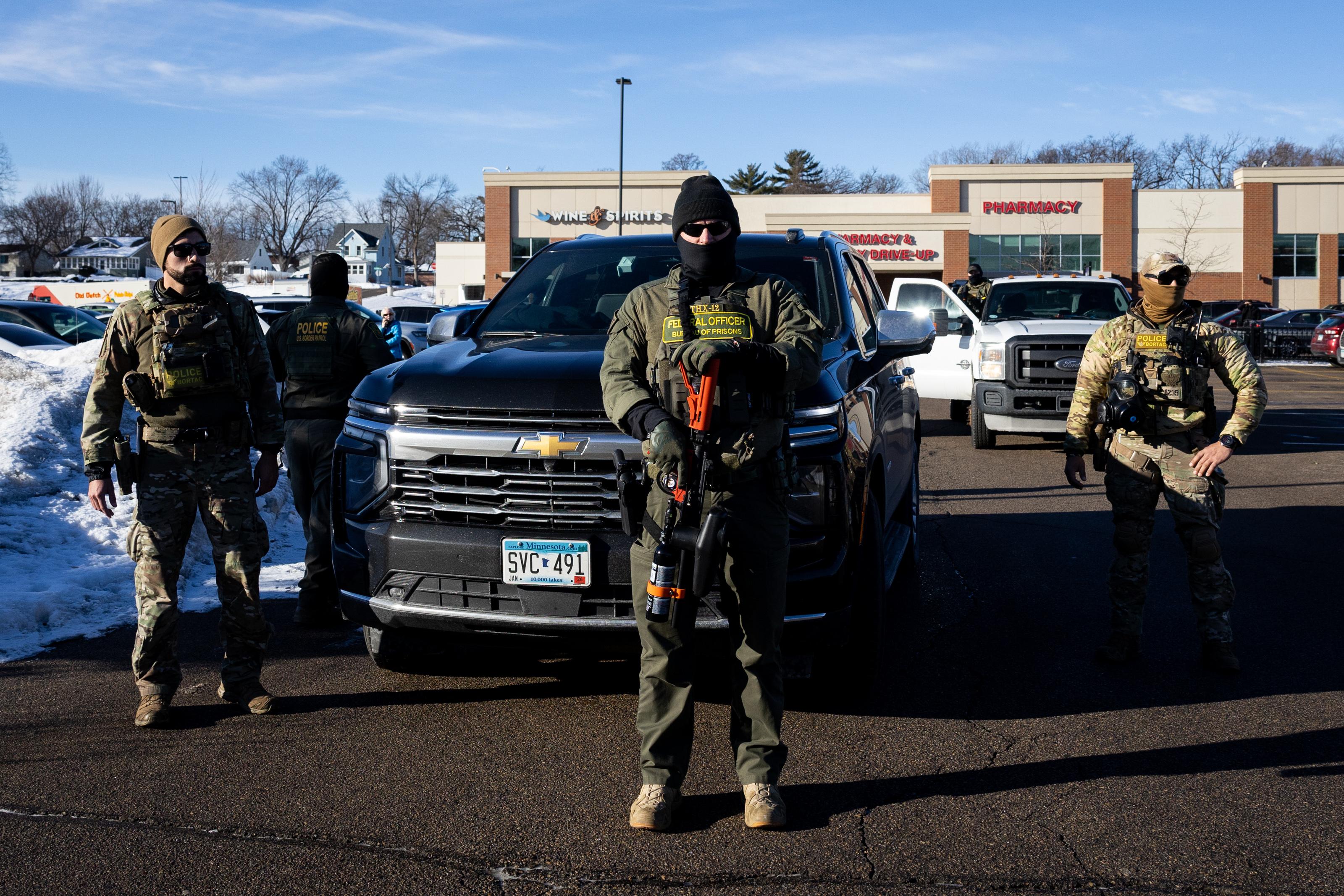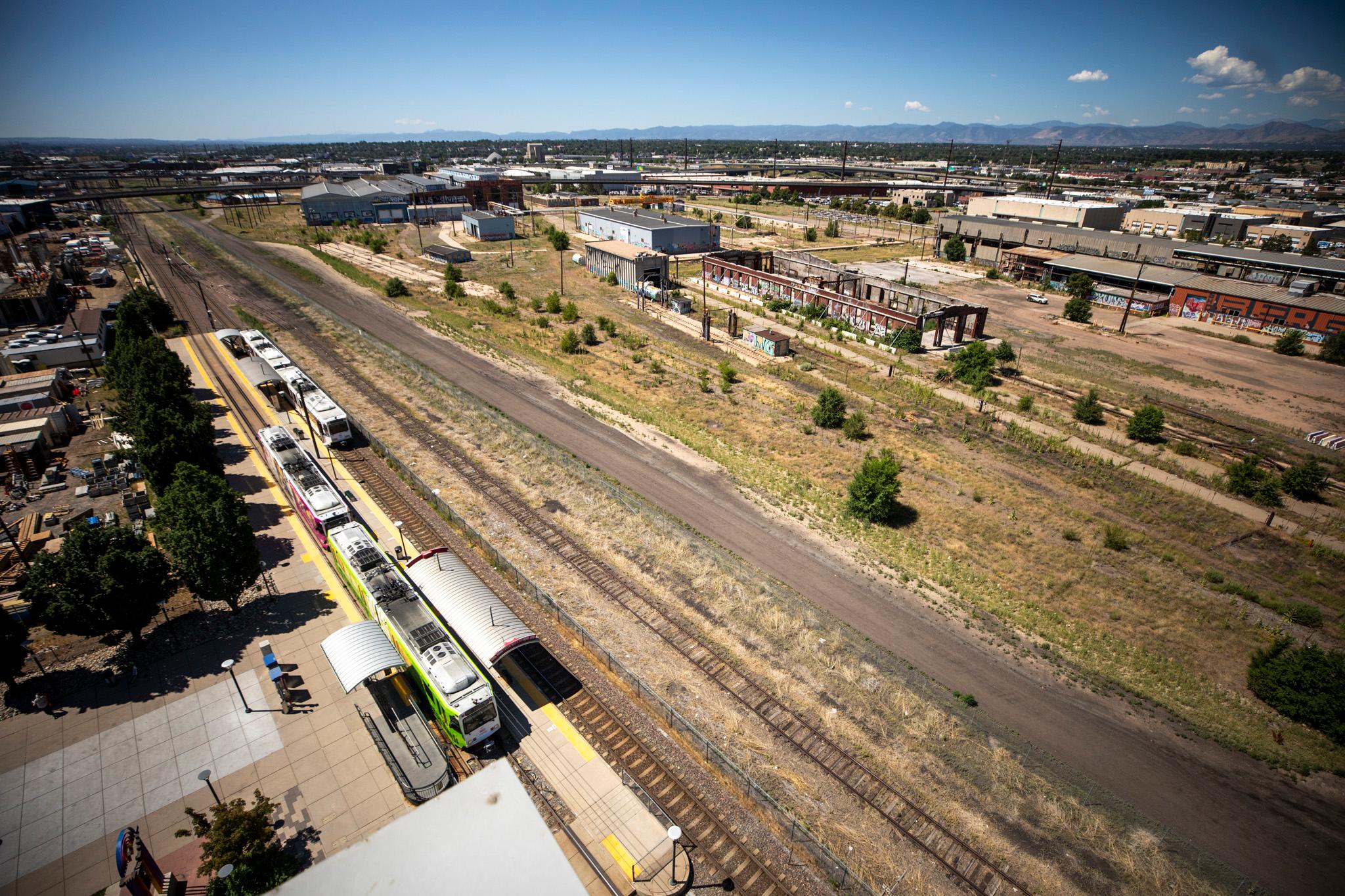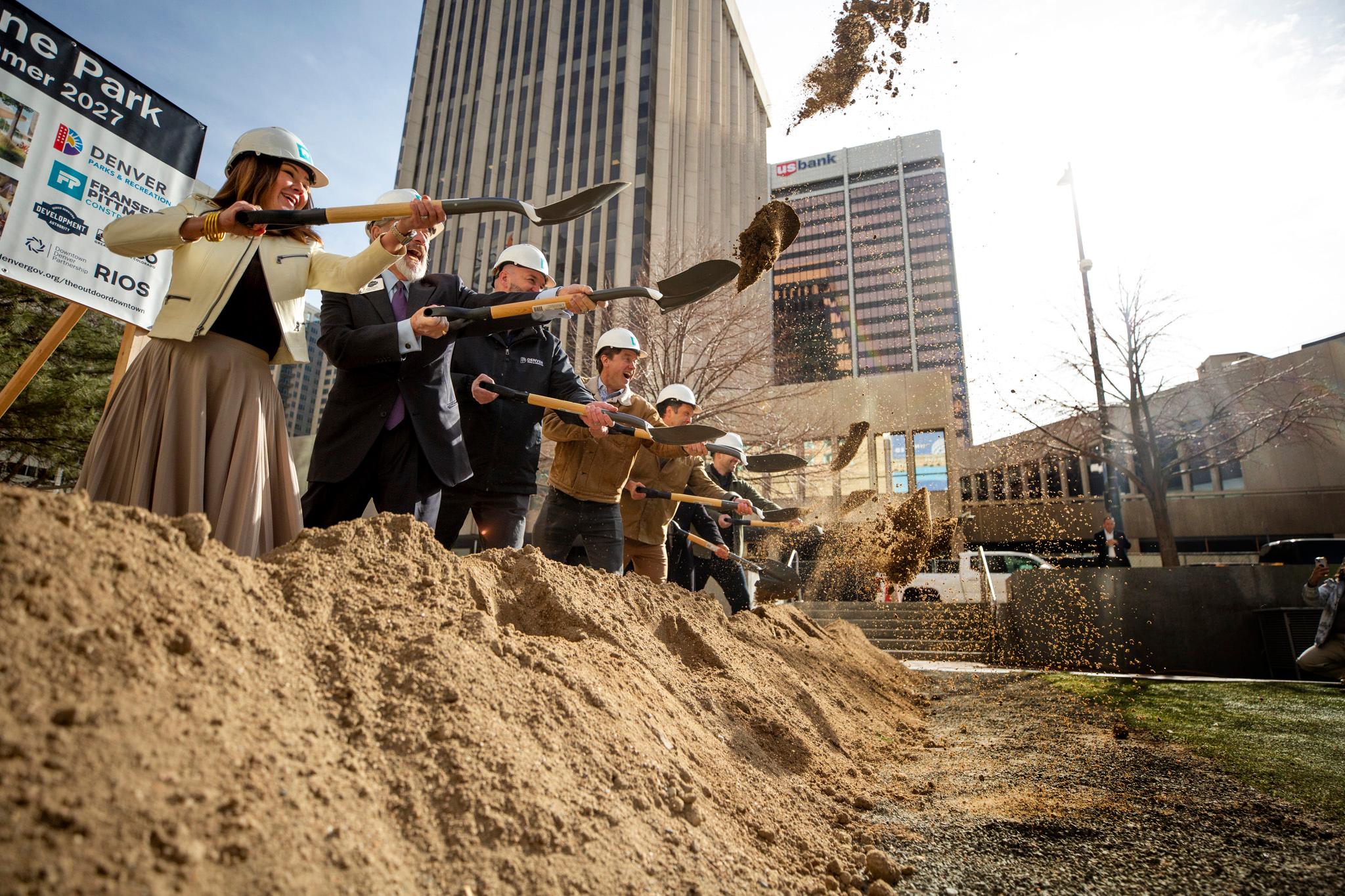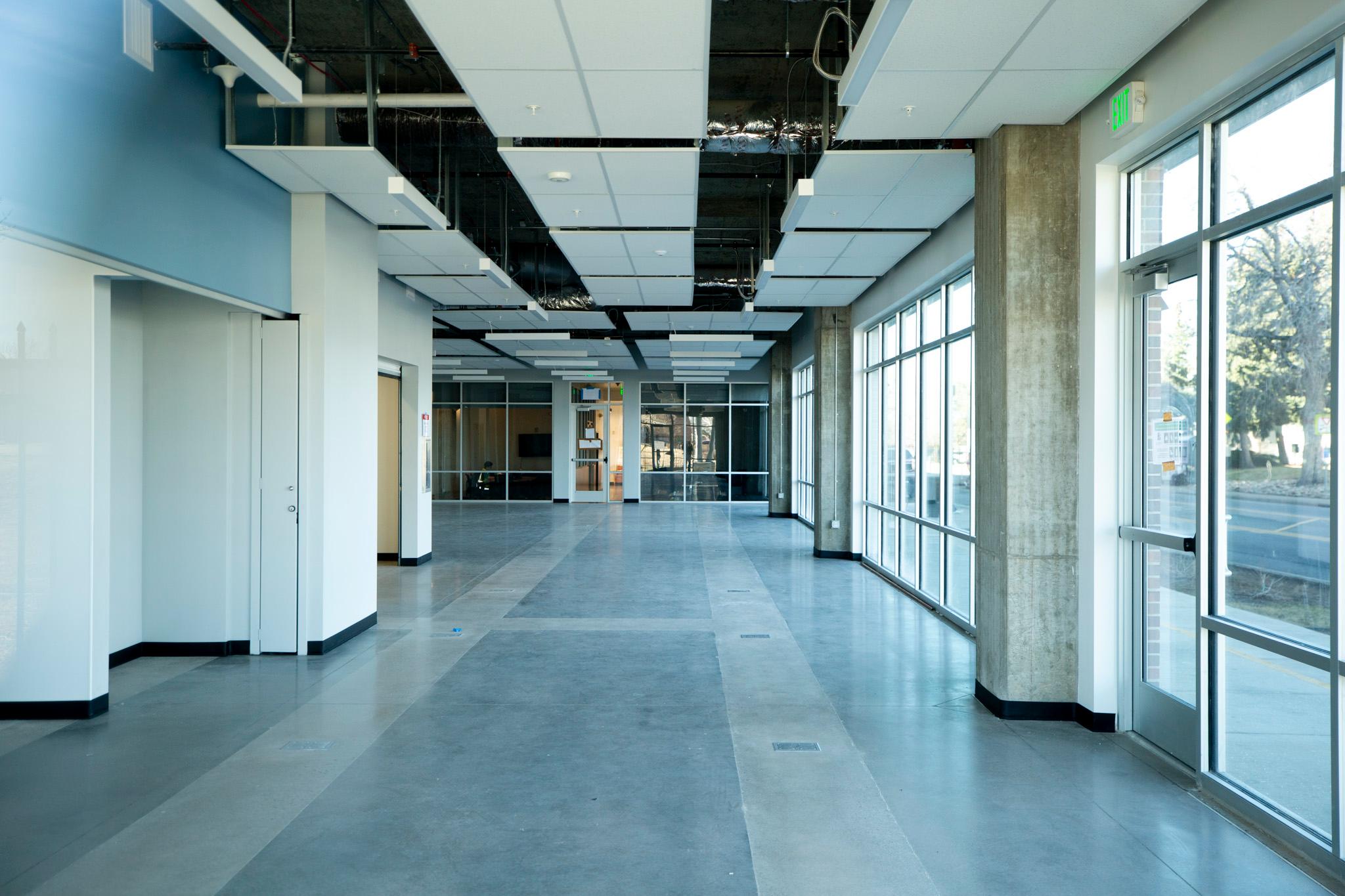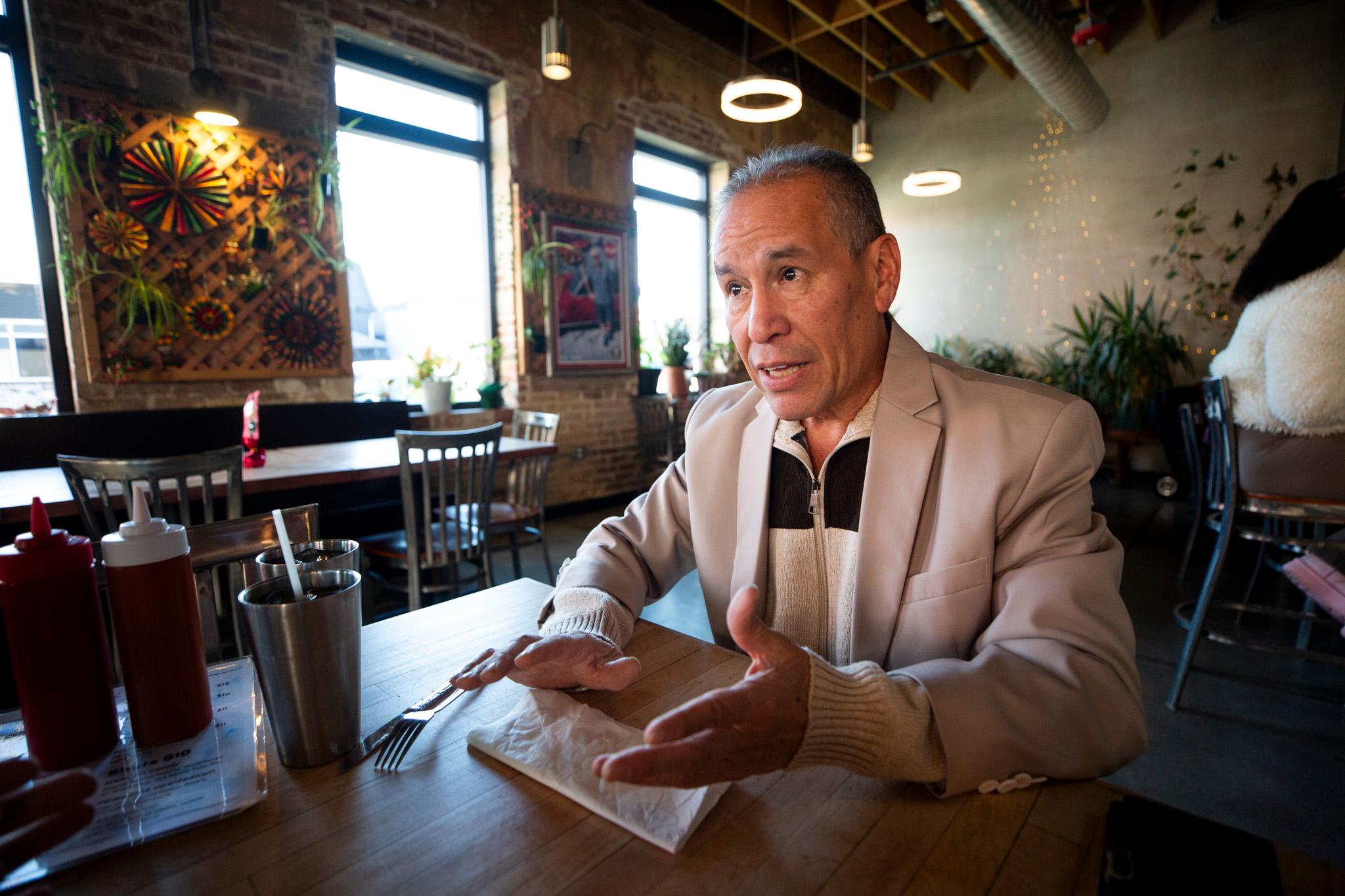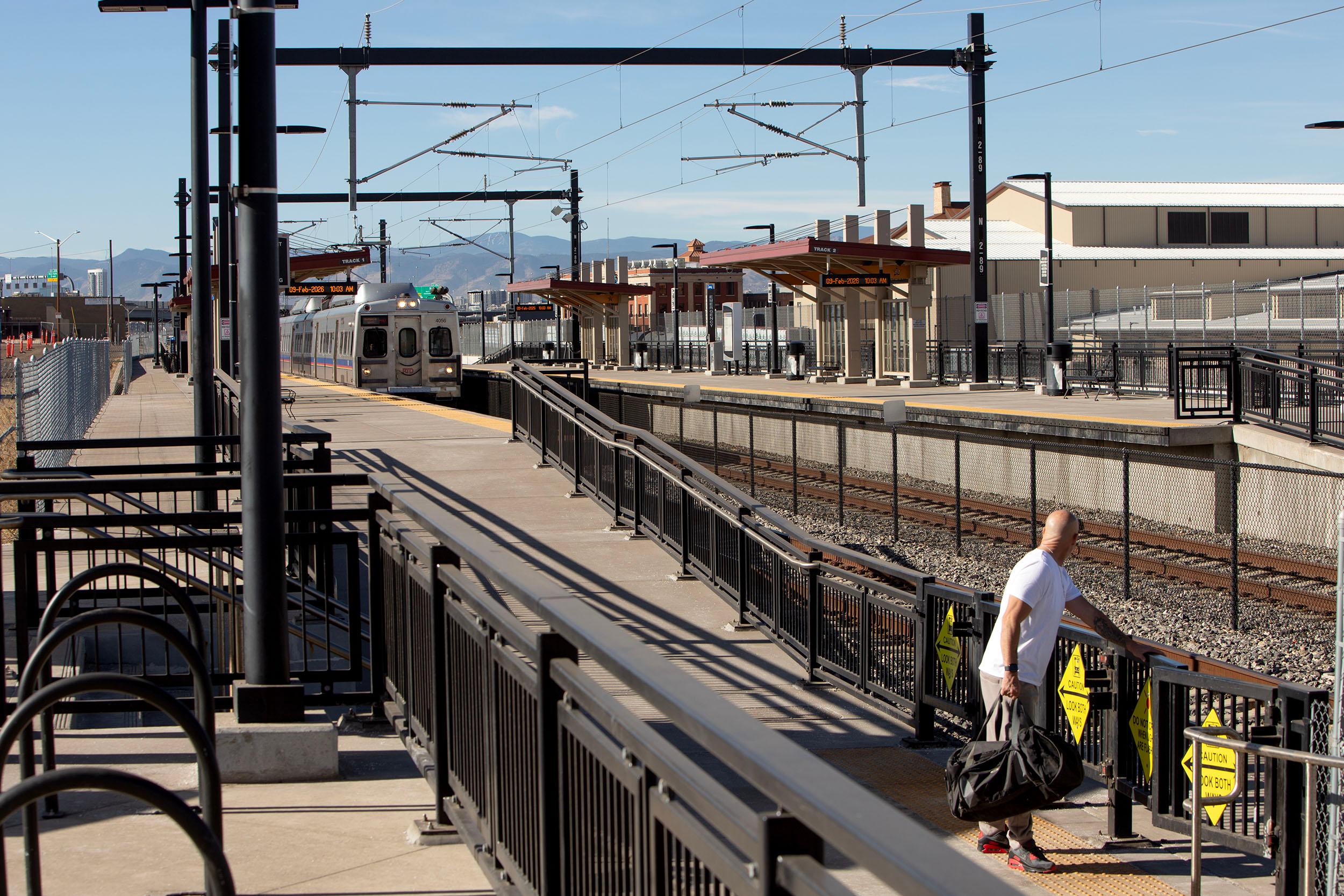Even in the earliest days of this pandemic, Erika Righter worried that her reliable customer base might fundamentally change its shopping habits. In April of 2020, she organized a crowdfunding campaign to pay artists to decorate the boarded-up windows around her South Broadway gift shop, Hope Tank, with messages that might remind Denverites that the businesses were still there and would need their help.
"The goal was really to make it so people don't forget us," Righter said when she spoke to us last year, adding that she wanted "to make it something beautiful and put some cash in people's pockets."
She's still working to make sure the city's smallest enterprises don't get washed away by COVID-19's waves of change.
In recent weeks, Righter has used grant money from Denver Human Services to pay more artists to boost local business owners again. This time, she's commissioned colorful nylon signs that read "GO BIG FOR SMALL BIZ," and she's expanded her focus beyond Broadway. The project is a collaboration with Access Gallery, which helps people with disabilities access opportunities in the arts.
Righter has expanded her advocacy beyond Broadway. She's hoping the campaign might be embraced by people all over the metro, if not farther away.
"The origin story is my personal frustration with feeling unheard in the recovery process for brick and mortar," she told us. "It was really about: I went to some smaller towns in Colorado that really showed up for small businesses."
She's concerned recovery efforts in the city have unequally focused on dining and that there hasn't been an adequate push to support retail shops like hers. The new banner campaign is an answer to that anxiety, which is fueled by her sense that customer habits fundamentally changed during lockdowns.
"I think that people got very comfortable working from home and ordering everything online," she said. "I think people's habits in their neighborhoods have changed."
While she's seen a rise in tourist foot traffic in recent months, in-person transactions are still lagging behind pre-pandemic levels. She worries local shoppers, who used to stop by as they wandered her neighborhood, may never come back like they used to.
The reality may not be so dramatic, but it's hard to tell.
Mark Matthews is a vice president with the National Retail Federation who focuses of industry analysis. Before COVID, he said, online ordering accounted for about 12 percent of retail sales across the country. That number shot up to 19 percent last year.
"There's been a pretty steady drop-off since then," he told us over the phone. "Foot traffic is not back to where it was, but we've seen a steady rebound."
Online-only transactions have fallen back somewhere close to 14 percent, though the trends have become increasingly difficult to track. One reason is that it's hard to classify new forms of exchange, like when people order online and then pick up products at curbsides. This kind of thing is called an "omni channel" transaction, and while it's become a growing part of business it also doesn't fit nicely into the old ways of reporting sales.
While broad-picture data suggests things are getting back to normal in the retail world, Matthews said people like Righter will have had a harder time keeping up because "for small businesses, it is a little more difficult to engage online than some of the bigger stores."
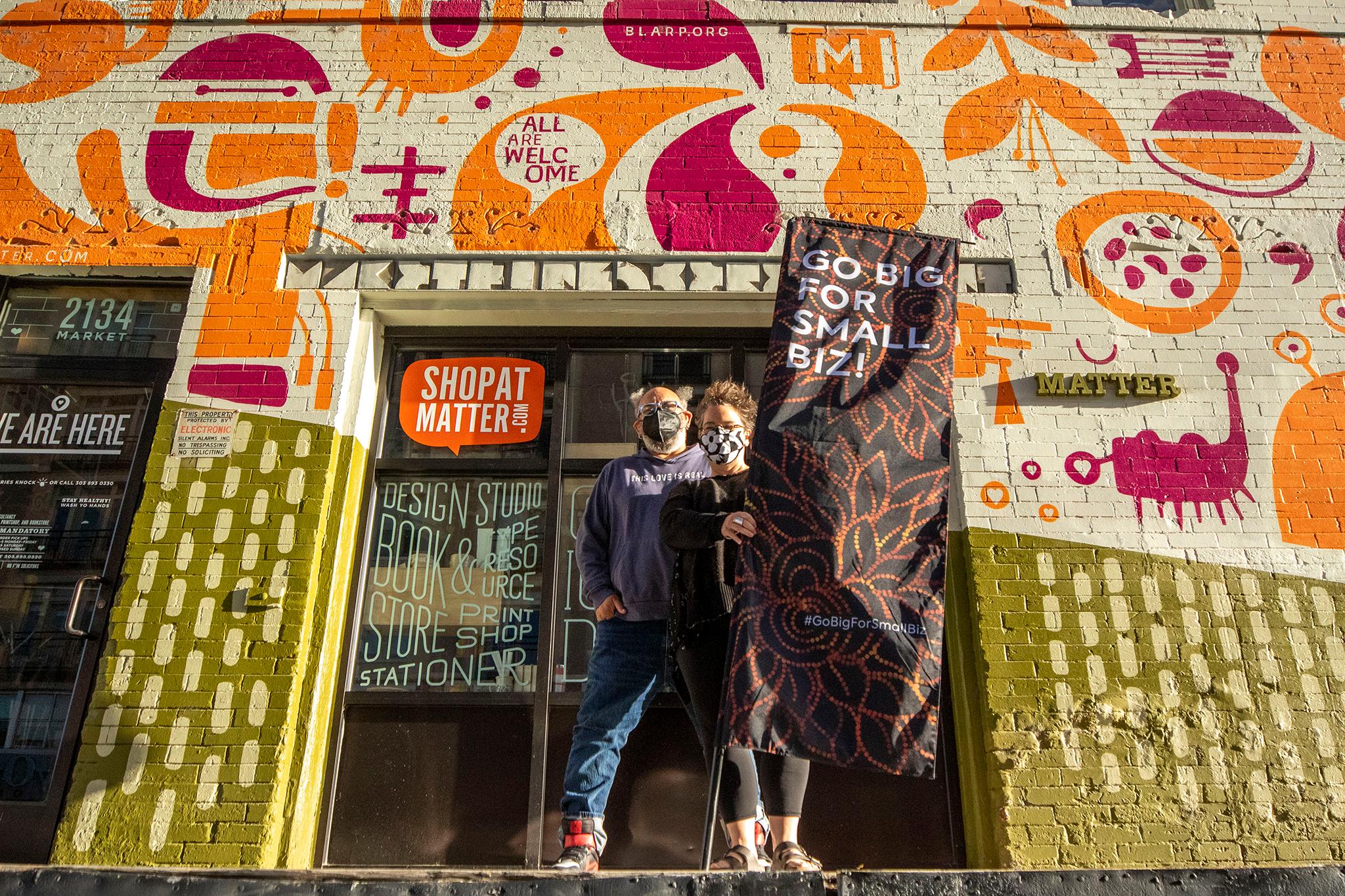
Debra Johnson, co-owner of MATTER book and print shop near Coors Field, said numbers of walk-in customers were still dragging until the last week or so. She said global supply-chain issues made people worry that holiday gifts might be hard to come by, so they're showing up earlier than usual this year. While the recent rush has been nice, she's otherwise thinking about competition with online giants. She said she welcomed a banner from Righter, because it helps remind people that her business can't exist without intentional patronage.
"Jeff Bezos has all the toys and all the discounts and all the free shipping that aren't free," she said. "The idea that you could go on Amazon and buy a book for less than we pay wholesale, that's a fact. So it has to be on purpose that you want to support your local independent book store."
Another challenge Matthews sees for urban businesses is the continued absence of customers who live outside of their neighborhoods. Pre-pandemic, there was a large push to cater products for people who commuted into cities for work. That's reversed, he told us, as white-collar workers have stayed home. It's been good news for suburban retailers, but not so much for people in Righter's shoes.
More locally, the Denver branch of the Small Business Administration is hoping the holiday season will drive people back to local stores.
A lot of entrepreneurs moved to online ordering in 2020, which provided some "long-term benefits" to their bottom lines, Colorado SBA director Frances Padilla wrote in an op-ed that will publish this week. Still, she says that the online push "can create long term challenges for owners shifting back to full time brick-and-mortar storefronts" and added her office recognizes metro-area retail operations might still need a hand.
To that end, Padilla wrote that business owners should contact her office if they need help. The SBA is also pushing hard on Small Business Saturday, the weekend after Black Friday, to reengage customers with local shops around them.
"Please join me in making at least one purchase from a locally owned small business in your city or town," she wrote in her op-ed. "These business owners are the true super stars of our community, and they deserve our support, thanks, and appreciation."

While she'll take the holiday boost, Righter thinks the focus on a single shopping day misses the bigger picture. She's hoping her banner campaign will lead by example as she tries to get city officials and business groups to preach hyper-local shopping all year long.
"Hopefully this is something that can amplify through community," she said. "I'm trying to change the behavior because it's so critical to our survival."


